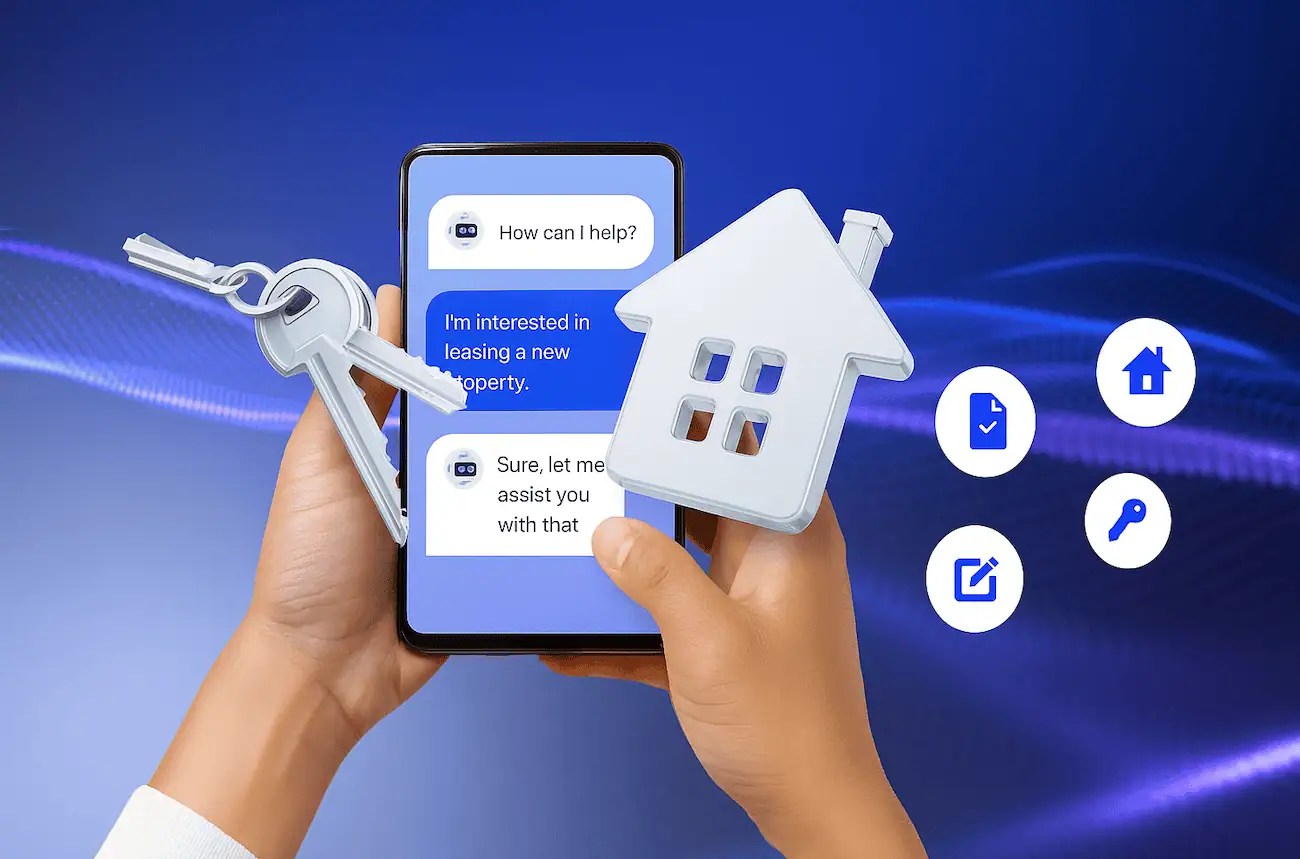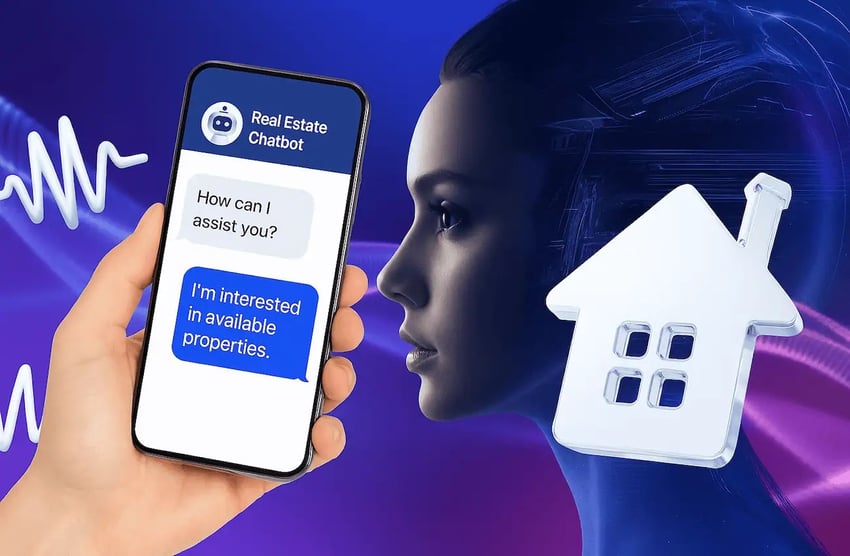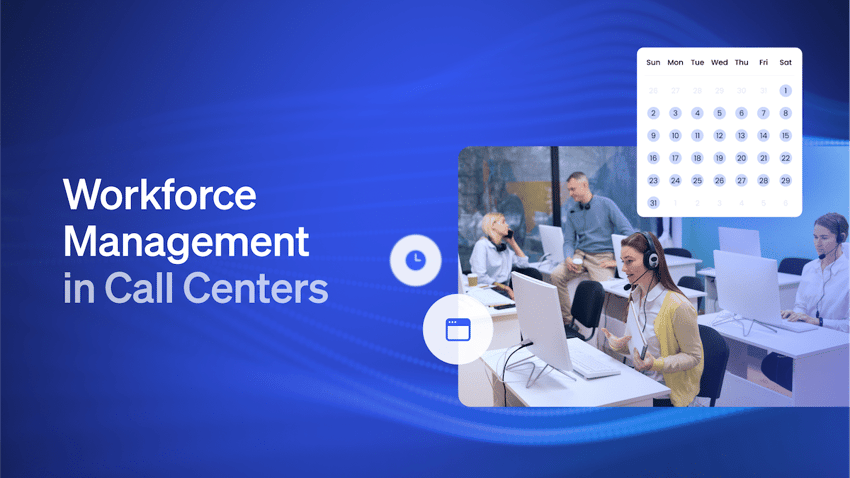Running a property management business means juggling dozens of tasks at once, all while handling a seemingly never-ending stream of incoming calls.
And those calls always seem to come at the worst possible times.
… You get an emergency maintenance call at 2 a.m. for a burst pipe that needs immediate attention. Another resident calls during your lunch break because they’re locked out of their apartment. And then a prospective tenant calls to ask about your vacant two-bedroom while you’re elbow-deep in a lease renewal.
Every missed call in the real estate industry has massive costs. A missed potential buyer might go elsewhere, and an open apartment sits for longer. Overlooked repair requests can lead to further damage or even lawsuits.
Whether you’re managing a single property, several apartment complexes, or a series of housing rentals, property management call answering services can be a lifesaver. In this post, we’ll walk through what this type of software does, why it’s becoming essential, and which features you should prioritize when choosing a vendor.
What Is a Property Management Answering Service?
A property management answering service is a third-party or automated communication solution that handles calls, texts, and messages from tenants, owners, and prospects. It can integrate with your existing business phone service or provide a dedicated after-hours line.
You may outsource to specialized call center services with live agents, use automated and AI receptionist options, or opt for a combination of both.
These services act as an extension of your front office, ensuring that no call goes unanswered — even at night, on weekends, and on holidays. The technology can manage multiple types of calls, with many offering features for everything from lead capture to message taking.
Key capabilities include:
- 24/7 live or virtual coverage: Continuous support means no more voicemails, missed calls, or delayed emergency response.
- Message intake and routing: Captures and relays details to the right property manager or maintenance team technician.
- Maintenance dispatching: Urgent issues like leaks, lockouts, or power outages follow escalation protocols immediately.
- Lead qualification: Screens new tenant inquiries, gathers details, and books showings.
- Appointment scheduling: Coordinates property tours, inspections, and service calls directly in your calendar.
- Live chat and SMS support: Engages tenants and prospects across multiple channels through an AI receptionist or a live person.
A reliable answering service doesn’t just manage inbound calls. It builds trust with current and prospective tenants and boosts efficiency for teams — small and large — stretched across multiple locations.
Think of it as having a dedicated receptionist who never takes a day off, never gets overwhelmed during peak hours, and never lets a call slip through the cracks.
Why Property Managers Need an Answering Service
If you’ve worked for a property management company for any length of time, you’re familiar with the onslaught of calls and how difficult it is to keep up with them.
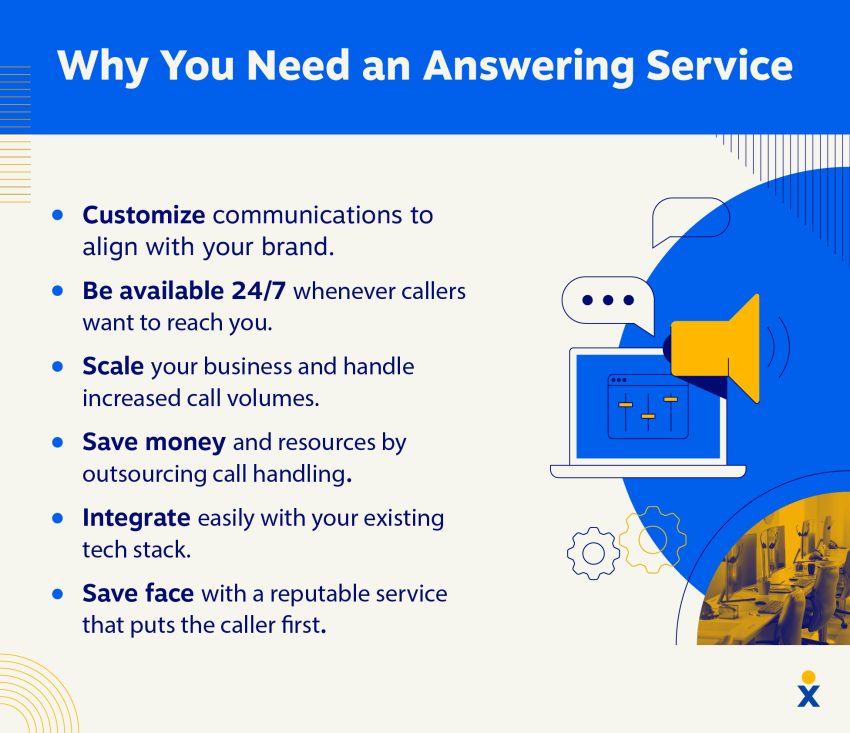
Below are some common challenges this type of business faces:
High call volume and distractions
Property managers field an incredible variety of calls throughout the day. These include calls from prospective tenants inquiring about unit availability and pricing, and maintenance calls from existing tenants reporting everything from minor annoyances to genuine emergencies. And, of course, there are calls from owners inquiring about rent collection, property conditions, and financial performance.
Managing this volume while also conducting property inspections, coordinating with contractors, and handling administrative tasks can feel impossible. Every interruption breaks your concentration and derails productivity, which is why some companies outsource to dedicated call centers with experience in property management.
A professional answering service filters, routes, and prioritizes these calls so managers can focus on essential maintenance, leasing, and compliance tasks without constantly being pulled in different directions.
When a call genuinely needs immediate attention, you’ll know about it. And when it can wait, you’ll get a detailed message to handle during your dedicated callback time.

After-hours emergencies
Tenants — and real-life situations — don’t wait for business hours to have problems. Water heaters fail on Sunday mornings, locks break on Friday nights, and heating systems quit during holiday weekends in the middle of a cold front.
You can’t afford to ignore emergency calls — even by accident. Response time during emergencies directly impacts tenant satisfaction, property damage costs, and your legal liability.
Traditional answering services for small businesses provide 24/7 emergency dispatch, ensuring a real person (or an intelligent virtual receptionist) handles critical calls in real time.
The best answering services can even distinguish between “my ceiling is leaking” and “my dishwasher is making a weird noise,” routing true emergencies to your on-call maintenance team while logging routine requests for normal business hours.

Lost leads from missed calls
When someone calls about renting one of your units, they’re usually calling multiple properties. Whoever answers first has a massive advantage, and every missed call could mean that you’ve got a vacant unit sitting empty longer. A month of rent on a $1,500 apartment is $1,500 in revenue you’re not getting back.
Answering services capture every inquiry and pass it along instantly, helping property managers follow up on leads faster and fill vacancies sooner.
Consistency issues across properties
When you’re managing multiple properties, maintaining a consistent tenant experience is no easy task. One building might have an on-site manager who answers calls promptly, while another might rely on staff who are juggling multiple responsibilities. The result is inconsistent service that confuses tenants and damages your brand.
Answering services follow unified scripts and protocols so tenants always receive a professional, branded experience, no matter which property they call.
Cost efficiency
Many property managers see answering services as yet another monthly charge and end up inadvertently overlooking how cost-effective they can actually be. Let’s look at some numbers.
Hiring a full-time, in-house receptionist to answer calls costs anywhere from $30,000 to $45,000 annually once you factor in salary, benefits, training, and overhead. And that’s for a single employee working just 40 hours a week.
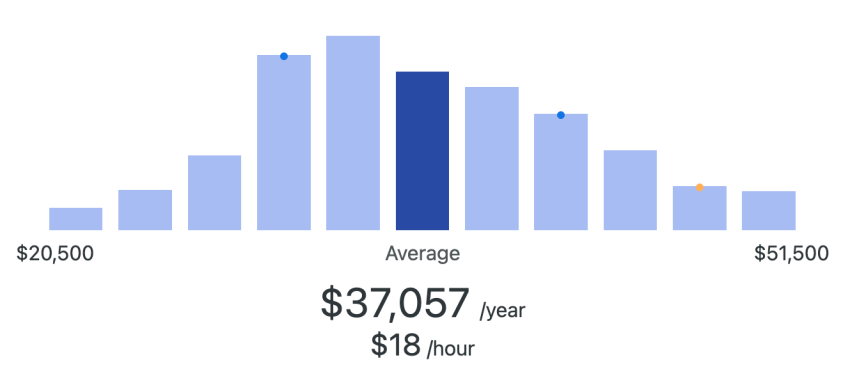
To achieve true 24/7 coverage, you’d need multiple staff members working in shifts, which would push costs well into six figures. And that may only account for a single phone line.
A virtual or AI answering service scales as needed, with answering services costing a fraction of the cost of full-time employees. Many property management companies find that even premium answering service cost options are 10 to 20 times cheaper than hiring dedicated reception staff. As a bonus, systems never call in sick or take a vacation.
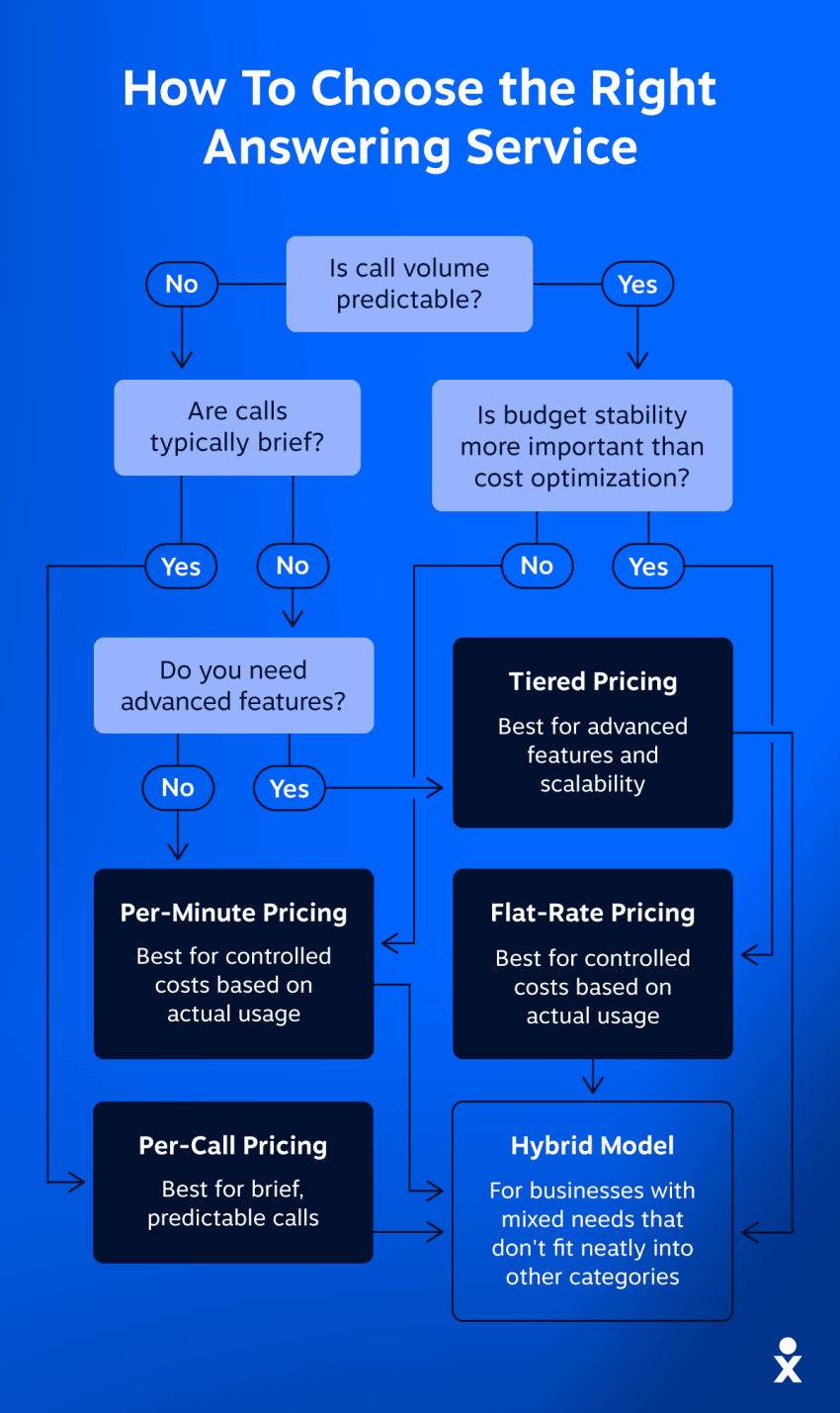
Benefits of Using an Answering Service for Property Management
Property managers have clear reasons for adopting property management answering services. Let’s explore what changes you can expect when you implement the right system.
Improved tenant satisfaction
Tenants feel valued when their calls are answered immediately, and their concerns are addressed promptly. There’s a huge difference between leaving a voicemail and speaking with someone who can address the issue and set expectations for resolution — even if that someone is a virtual receptionist.
This responsiveness can build trust, which directly impacts their experience (and interactions) as residents. Tenants who feel heard are more likely to renew leases, take better care of their units, and speak positively about their experience to others. In an industry where tenant turnover is expensive and time-consuming, anything that improves retention has serious financial value.

Fewer missed opportunities
Every type of call that comes into your property management business represents an opportunity:
- Maintenance calls are opportunities to prevent small problems from becoming expensive repairs.
- Prospective tenant calls are opportunities to fill vacancies.
- Owner calls are opportunities to strengthen relationships and demonstrate your value.
Whether you’re prioritizing lead capture or lease renewals, you want virtual or live receptionists on hand to answer every call as it comes in. This can provide exceptional peace of mind for residents and ensure you’re not missing a single opportunity.
Higher productivity
When your in-house team isn’t constantly interrupted by calls, they can focus on property upkeep, inspections, vendor contact, and client communication. Instead of fielding routine calls, they can prioritize those mission-critical tasks while conversational AI streamlines call handling.
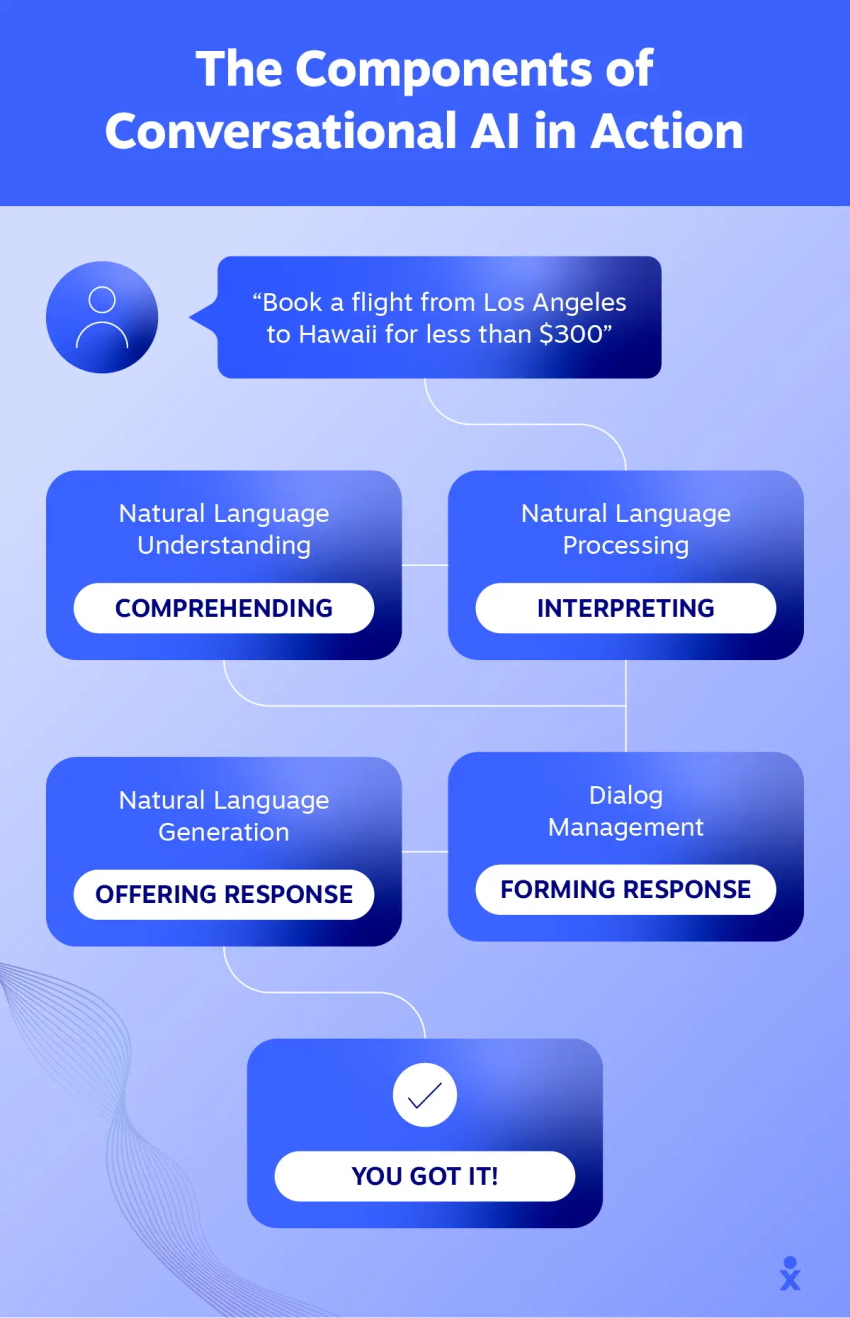
Professional brand image
Every interaction shapes the caller’s perception of your company. When calls are answered quickly by a polished, professional representative who reflects your brand standards, it signals that your operation is legitimate, organized, and trustworthy.
This matters especially for high-end properties or competitive markets where prospective tenants and property owners have plenty of choices. A professional answering experience can be the difference between winning a client and losing them to a competitor.

Scalability
As your property portfolio grows, traditional call handling methods break down. You can only stretch your existing staff so far before service quality suffers.
Whether you manage 10 or 1,000 units, a virtual answering service scales without the cost of new hires. Adding new properties doesn’t mean adding new reception staff. It may just mean updating your service with additional property details and contact protocols, or outsourcing to a property management call center.
Better record keeping
Answering services log every interaction automatically, which can make a significant difference.
Each call is tracked, timestamped, and often transcribed for full accountability and compliance. This documentation becomes invaluable for resolving disputes, tracking response times, and identifying patterns in tenant concerns or maintenance issues.
Best Practices for Implementing an Answering Service
Signing up for an answering service is easy, but getting real value from it can require some upfront planning. Here’s how to set yourself up for success.
Define response protocols
Not all calls are created equal. A burst pipe at midnight demands immediate action, but a question about parking rules can wait until morning.
Set clear guidelines for emergencies, leasing inquiries, and maintenance requests so the answering service knows when to escalate and when to message your team. Create different response paths for different types of calls, and make sure everyone understands the criteria.
For example, you might categorize calls as:
- Emergency (immediate dispatch): Active leaks, lockouts, no heat in winter, and safety hazards.
- Urgent (same-day response): Unit issues affecting livability and showing requests from hot leads.
- Routine (next business day response): General questions, non-urgent maintenance requests, and owner inquiries.
Train the answering service on property details
A generic answering service that doesn’t understand your properties will frustrate callers and create more work for your team. Ensure your service or AI assistant is familiar with your properties, including addresses, office hours, available amenities, and standard procedures.
The more information your answering service has, the more calls they can fully resolve without routing to you. Advanced systems may possess knowledge about pet policies, parking procedures, package handling protocols, and frequently asked questions from tenants regarding utilities or maintenance.
Use data and analytics
If your answering service provides call data (and it should!), then use it. Review metrics regularly to identify peak call times, common issues, and response times.
This information helps you improve staffing and service delivery. Perhaps you’re experiencing a surge of maintenance calls on Monday mornings, indicating that issues occur over weekends but are not reported immediately. Or perhaps after-hours leasing inquiries spike on Thursday evenings, indicating you should focus follow-up efforts on Fridays.
Integrate with your existing systems
Your answering service shouldn’t exist in isolation. Connect it with property management software like AppFolio or Buildium. You also want to connect it to your CRM and your calendar system to centralize records and avoid double entry.
Conversational AI solutions and modern virtual receptionists through platforms like Nextiva often offer direct integrations with popular property management platforms, automatically creating maintenance tickets, logging tenant communications, and updating lease information based on calls.
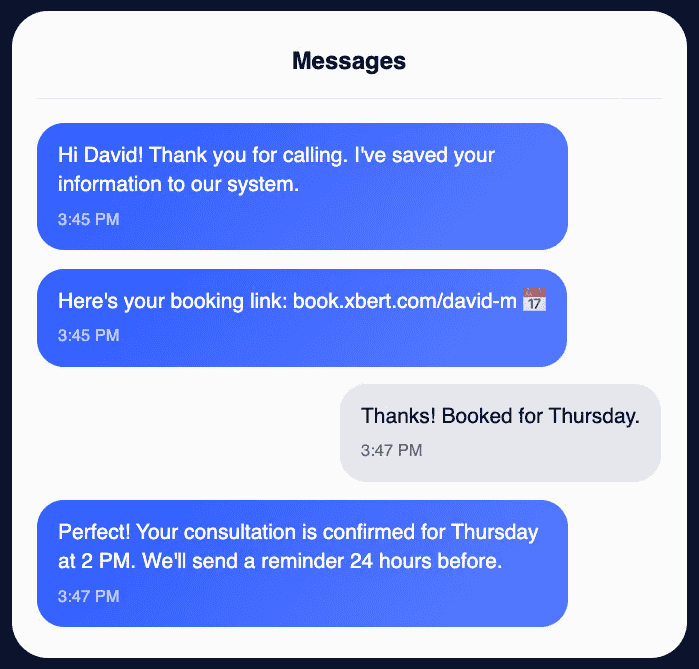
Monitor quality
Even the best answering service needs oversight. Regularly review call recordings or transcripts to ensure tone, accuracy, and professionalism align with your business standards.
This all comes down to maintaining quality and identifying training opportunities. If you notice your service is mishandling certain types of calls or missing important details, you can provide feedback and adjust protocols before small issues become big problems.
Why Property Managers Choose Nextiva
Nextiva brings the future of property management communication into one unified platform, now offering some of the best AI communication tools for small businesses.
That starts with our AI receptionist XBert. With this technology, property management teams can deliver responsive, intelligent, and professional communication 24/7 — without hiring additional staff.
Let’s take a look at the top reasons why property managers choose Nextiva.
24/7 AI receptionist
XBert answers every call, text, and chat instantly. It schedules showings, dispatches prompt responses during emergencies, and routes messages directly to your team. It works as a during-hours and an after-hours answering service for round-the-clock tenant support.
Smart scheduling
Use an automated receptionist to automatically book property showings, vendor appointments, and maintenance visits in real time. Even better, complete the booking process with text reminders to reduce no-shows.
Intelligent call routing
XBert captures caller intent before transferring, ensuring urgent calls reach the right on-call agents or managers while routine requests are logged automatically. And since XBert uses advanced AI technology to understand caller intent and respond naturally, your callers can ditch the rigid phone trees or frustrating menus.
Nextiva’s advanced IVR is also capable of directing calls to the right team right away, creating a stronger customer experience.
CRM and calendar integration
Nextiva syncs with your existing systems, so every call, appointment, and lead is tracked in one place for seamless follow-up. No more scattered notes, missed callbacks, or wondering whether someone followed up with that prospective tenant from last week.
Real-time analytics
View call summaries, performance dashboards, and after-hours revenue data to measure your service ROI. See exactly how many leads you’re capturing, how quickly emergencies are being addressed, and where communication bottlenecks exist.
Reliable, scalable, and affordable
With an uptime guarantee and plans starting at $99 per month, XBert is 10 to 20 times cheaper than a full-time receptionist — and ready to scale with your property portfolio.
Whether you’re managing a handful of units or hundreds of apartment complexes across multiple markets, XBert adapts to your needs without requiring additional infrastructure, training, or overhead.
Property management is demanding enough without worrying about missed calls. With the right answering service — and the best AI tools for small businesses (like XBert) — you can ensure every tenant, owner, and prospect gets the attention they deserve while you focus on what you do best: keeping your properties running smoothly and profitably.
Improve your customer experience at a fraction of the cost. Discover Nextiva’s real estate industry solutions.
One platform for all the conversations that close deals.
Build trust, close more deals, and simplify property management by housing all of your communication in one place.


















 Customer Experience
Customer Experience 

